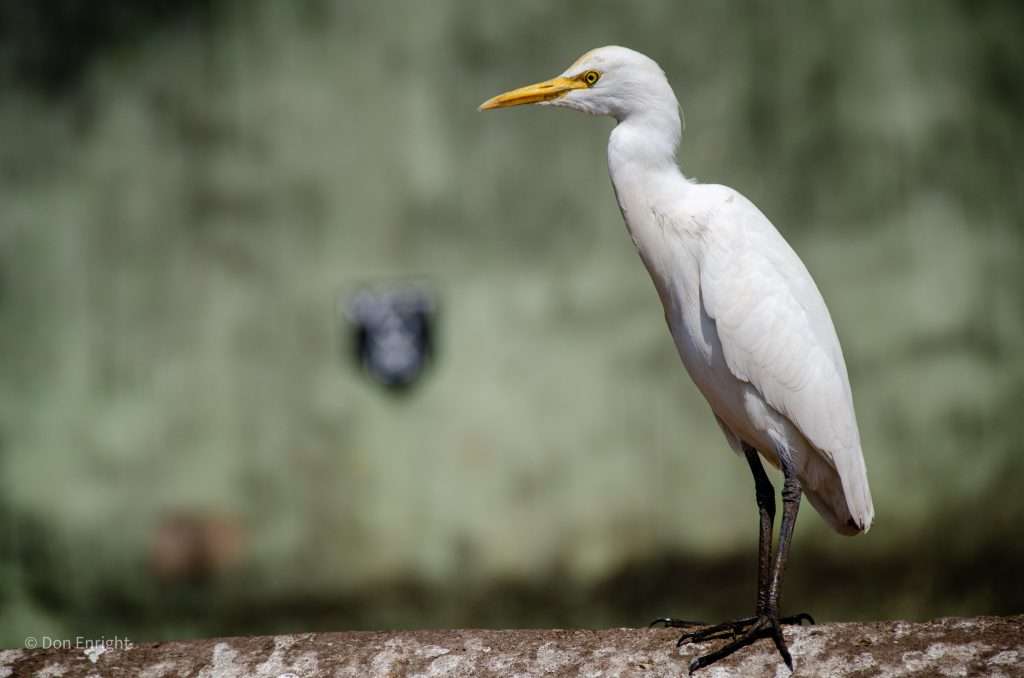Author’s Note: We used to live across the street from our neighborhood park. It was a private community park, and contained a pool, pool house, tennis courts, paths through the woods, and a pond. There was a path that went around the pond, and it had a small fishing bridge and a little island. The park, and the pond, was the center of our community, enjoyed in all seasons and at all times of day. It is one of the things I miss most about living there.
The Pond at Evening
Still light after sundown,
not yet dusk or dark.
The great blue heron appears
among the reeds, spare,
silent, elegant,
the barred owl calls
“Who cooks for you?
who cooks for you?”
some days his call
is answered.
Colors begin to fade,
the edges of the pond
begin to blur,
the heron,
watered silk,
recedes
into the reeds,
only the small white egret
is still visible
against the light
that is leaving.
⧫
Madeleine Cohen Oakley is a retired librarian who loves words, language, and grammar, and is a firm believer in the serial comma. She especially loves working with children to write poetry. Oakley has participated in writing programs at The Writer’s Center, in Bethesda, Maryland. She lives in upstate New York.
The Delmarva Review, in St. Michaels, Maryland, was founded to offer writers a desirable home in print (with a digital edition) for their most compelling new prose and poetry to present to discerning audiences everywhere. This is a time when many commercial print publications (and literary magazines) have closed their doors or are reducing literary content. For each annual edition, the editors have read thousands of submissions to select the best of new poetry, fiction, and nonfiction. As a 501(c)(3) nonprofit, support comes from tax-deductible contributions and a grant from Talbot Arts with funds from the Maryland State Arts Council. Website: www.DelmarvaReview.org


